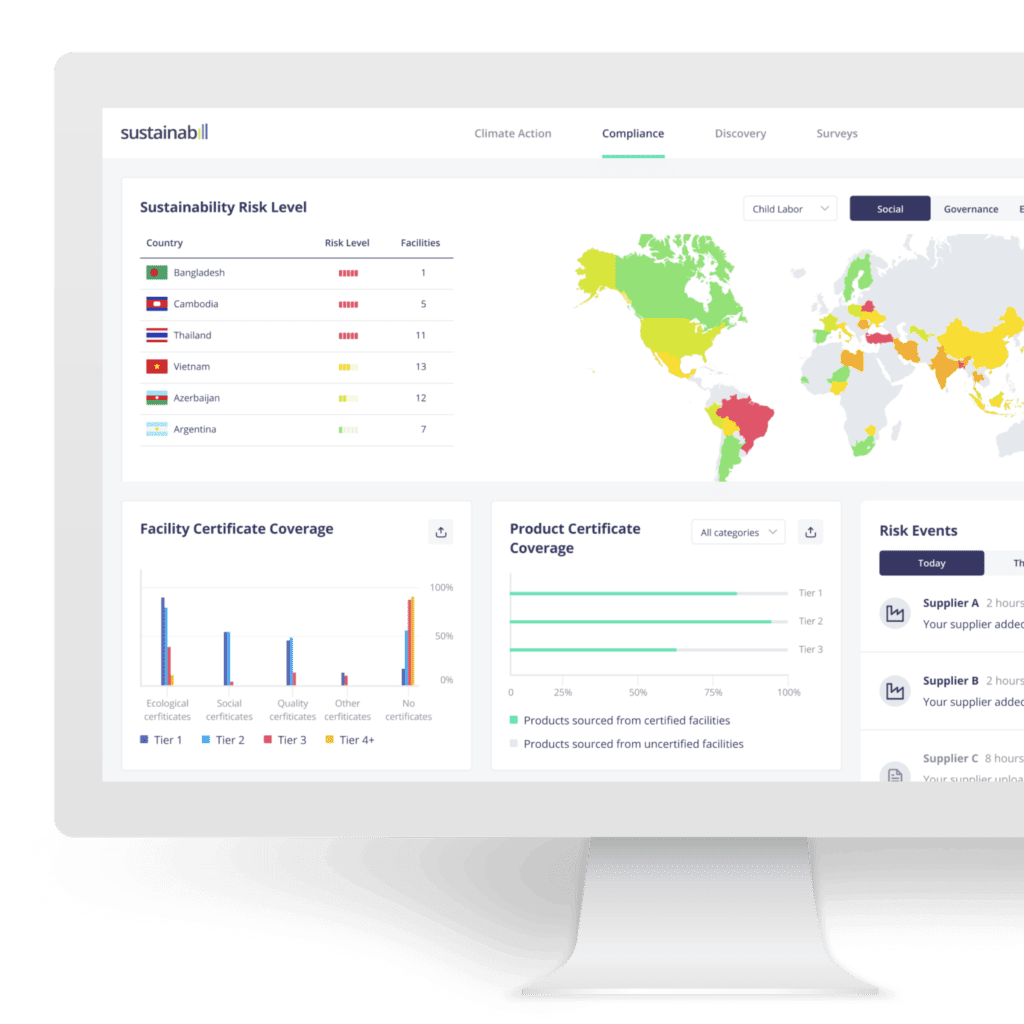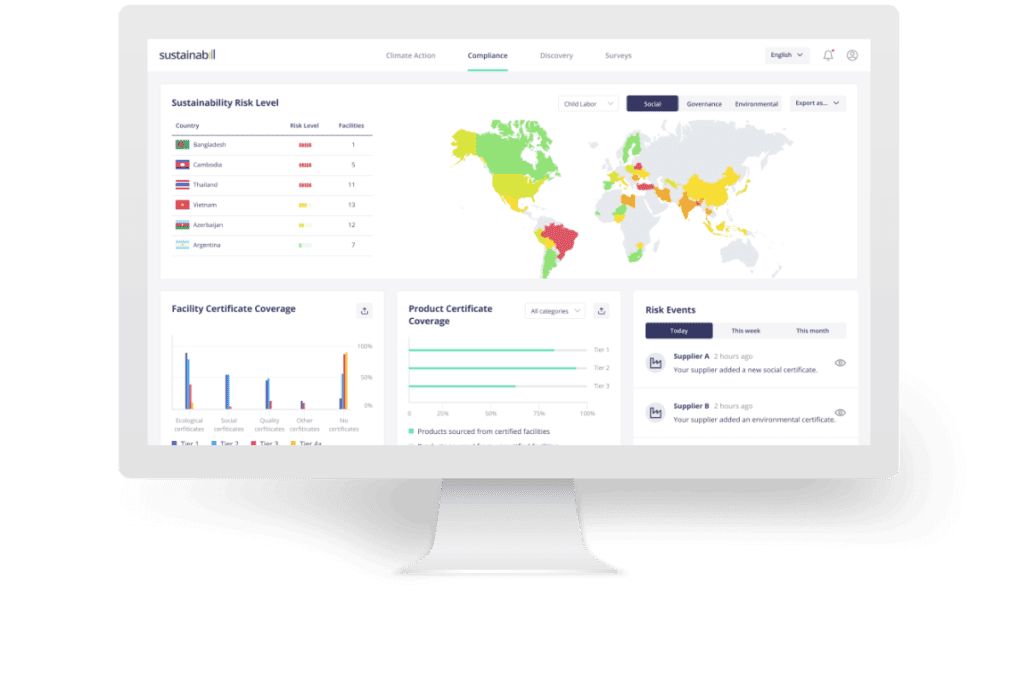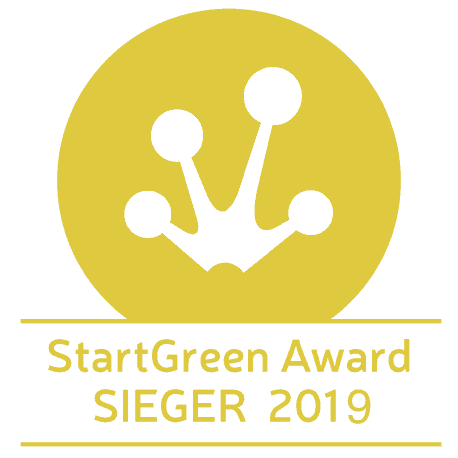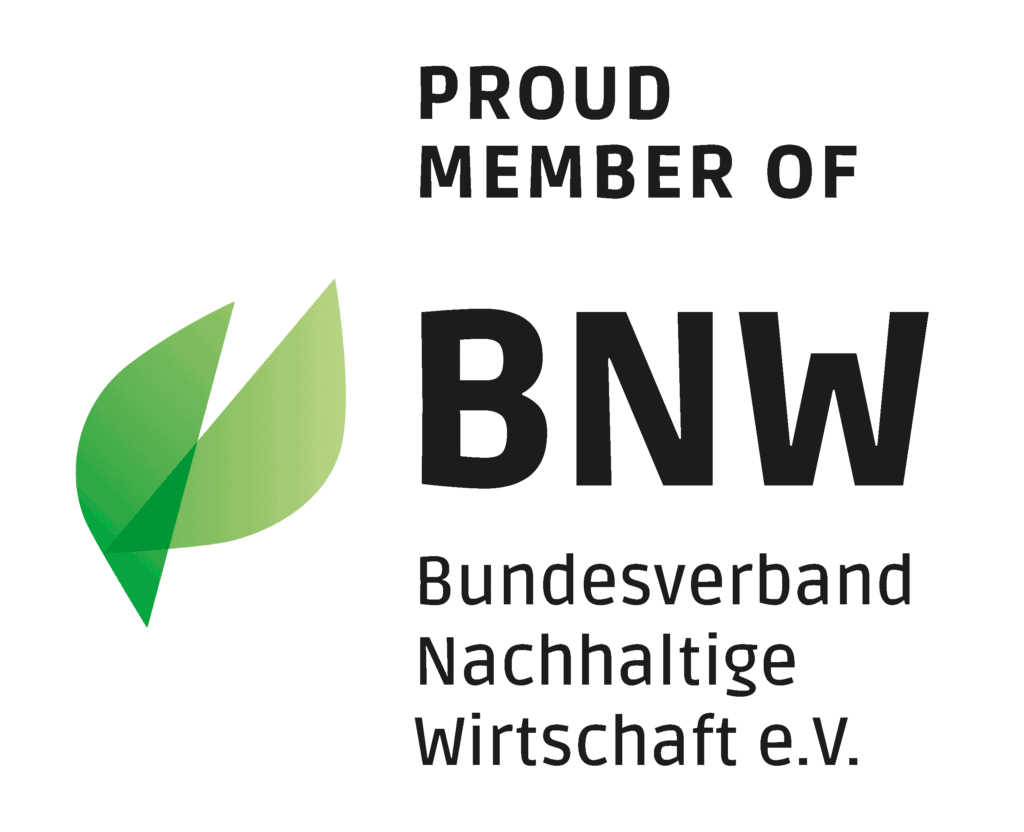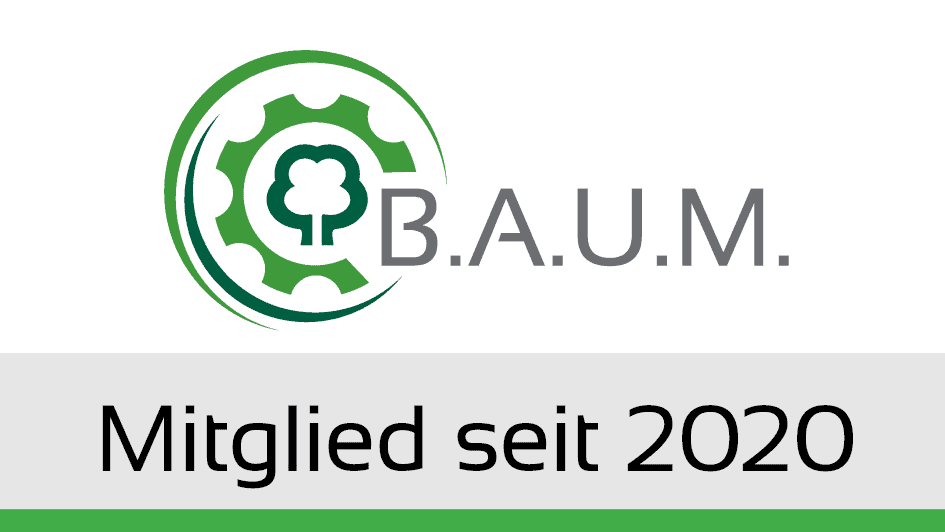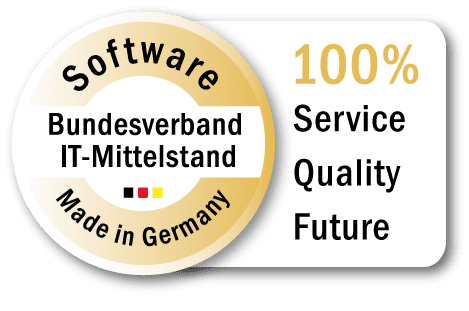EU member states agreed on an EU supply chain law on December 1, 2022. This directive represents an important factor regarding the protection of the environment and human rights in the EU and beyond. Accordingly, large companies are required to take care regarding actual and potential violations against human rights and the environment, with reference to their own actions, those of their subsidiaries, and those of their business partners.
The directive is a major step for the EU to transition towards a climate-neutral and green economy, as mentioned in the European Green Deal and the UN Sustainable Development Goals. Compared to the German law, the European version provides civil liability for human rights violations which makes it even stricter and more consistent.
Affected Companies
The due diligence directive addresses large EU companies and non-EU companies which are active in the EU. While for EU companies the number of employees and the net worldwide turnover are decisive, for non-EU companies the criterion is related to the net turnover generated in the EU.
The European Council envisages a gradual introduction of the new regulations. Starting with very large companies with more than 1000 employees and €300 million net worldwide turnover or for non-EU companies with net sales of €300 million generated in the EU, three years after the directive takes effect.
The importance of the supply chain
As mentioned earlier, companies will be held responsible for their own activities, those of their subsidiaries and those of their partners under the new regulations. In accord with the Council´s text, the directive will cover a company´s upstream and to some extent it´s downstream business partners. Therefore, the EU law now basically obliges all suppliers – not just those with a longer-term business relationship, as originally planned by the EU Commission.
Advantages for all parties
he regulation, which applies throughout Europe, is intended to provide benefits to all concerned. Increased transparency should simplify the decision-making process for citizens and is intended to strengthen their trust in businesses. Companies should benefit from the now uniform rules in the European area and from the reduction of bureaucracy. The growing attention towards the protection of human rights and the environment as well as the increased stakeholder awareness on sustainability issues is especially beneficial for developing countries.
How can sustainabill support you?
By efficiently monitoring direct suppliers and further integrating the upstream supply chain, sustainabill enables companies and their procurement teams to carry out a holistic risk analysis and monitoring in the supply chain. Thus, in addition to national guidelines, companies are already prepared for regulatory requirements such as the EU directive.
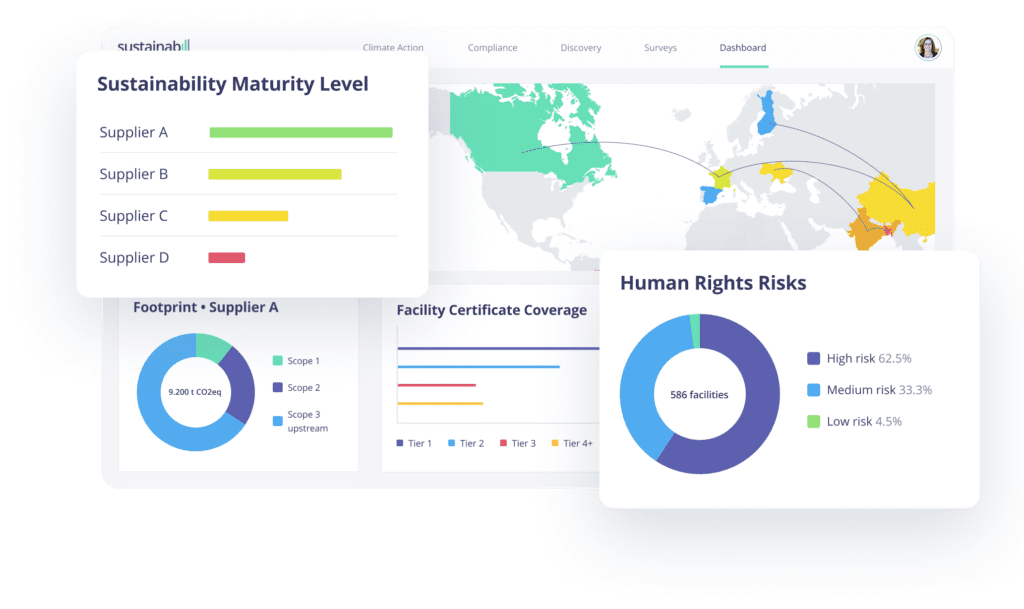
You want to know more? Get in touch with us.

